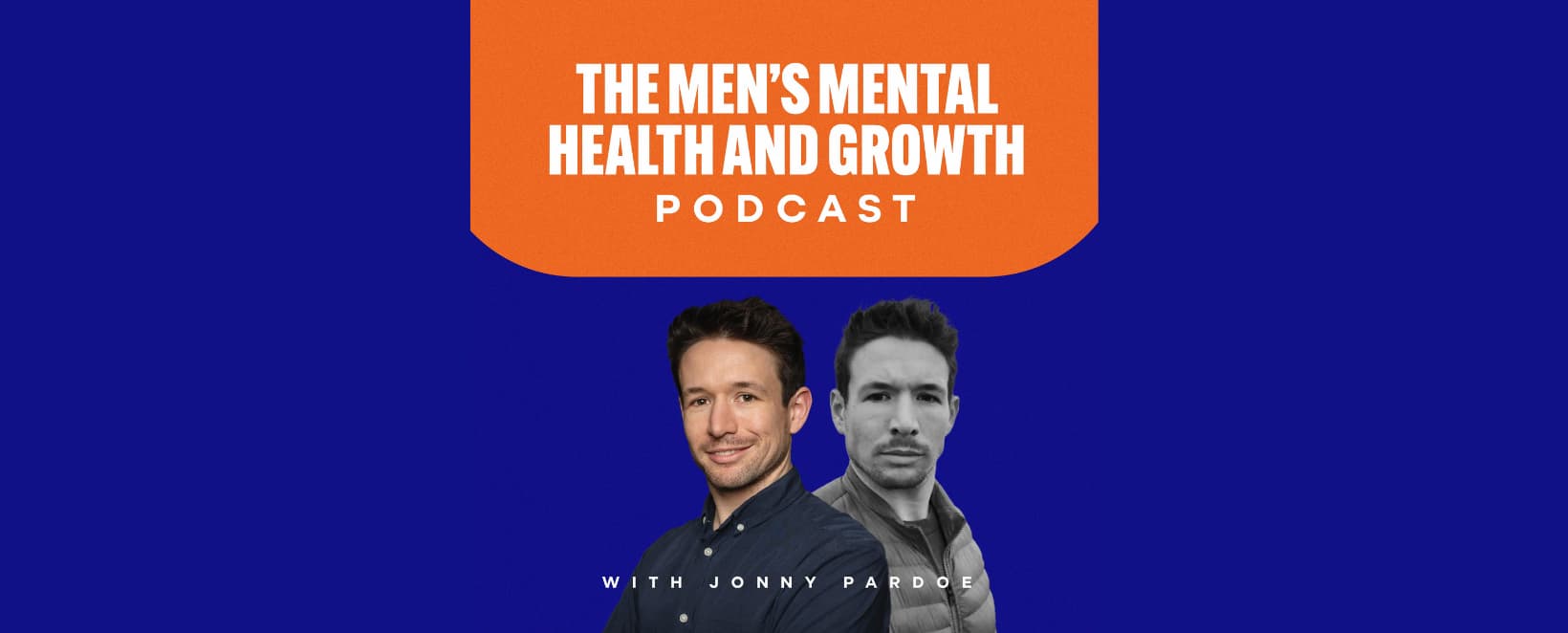Introduction and my story
As you may have seen recently in my social media, I’ve not felt quite right recently. My esteem dropped to low levels and in a few areas, my confidence has taken a knock back. Unfortunately, this is not the first time; when a setback has happened, I’ve seen my self-esteem and self-confidence drop. This causes many negative effects for me, in particular, feeling very low and anxious at times.
This time, however, I’ve decided that I have had enough. I’ve made a promise to myself: to learn to love myself and to build my self-esteem up. As a result, in the last few weeks, I’ve been doing a lot of reading about this and noting key habits and actions. If I have a genuine love and appreciation of myself then this will flow across all areas of my life and so when something does knock me back, I’ll be better at bouncing back and helping myself through it.
So, today’s blog focuses on self-esteem, self-confidence, the difference between the two and tips for improving them. I know that I am definitely not alone in the world of low self-esteem and so I hope today’s blog helps others too, as my aim is to help people see their purpose and find fulfilment in life.
What is self-confidence?
I’ve learnt self-confidence is specific to different areas of life. Self-confidence is how capable you are in a specific situation or task. For example, if, in my job, you were to ask me to stand up in front of a group of people, to facilitate a meeting or to update senior leaders or managers, I would be reasonably confident (believe it or not) that I could do that as it is part of my job. This is also something that I practise regularly. If, on the other hand, you were to ask me to sing in front of a group of people, bearing in mind that I have a terrible voice (seriously it would hurt your ears) and also that I don’t practise singing, then my confidence levels would be pretty low.
Self-confidence is often something that you can practise, just like any skill, but the key part of increasing your self-confidence, is to take action even when you are afraid of doing something. It’s often said that confident people don’t have an absence of fear but rather they just go ahead and do it anyway. So, for me, speaking in front of people is something I found daunting at first, but I did it anyway and in that way, increased my confidence.
What is self-esteem?
Self-esteem, however, is a little different, even though it is connected to self-confidence. If you have good self-esteem, then you are likely to try more things and not worry so much about failure. You will take risks which will increase self-confidence.
Self-esteem for me is divided into two key areas:
- Vision and ambition of your life.
- Self-acceptance and self-love.
Vision and ambition are about how capable you see yourself in life. What is your purpose, what are you here to give to the world. This for me, is actually quite positive as I have always had ambition. I’ve always thought ‘big’ and I continue my journey to pursue my big dreams.
The second part, however, is self-acceptance and self-love; this is about how much you love yourself and your current sense of worth. This is where historically I have always encountered problems. When something goes wrong, I have always had that inner critic in my head screaming at me for making a mistake, for not being where I want to be, and for not being happy with the reality (even though I’m very blessed to have the life I have). This inner critic can be a massive problem for many people.
How self-love / happiness is connected?
Mental health issues such as depression or anxiety often come from a lack of self-esteem, lack of worth, lack of acceptance and struggles to see the positives in yourself. When you love yourself, however, and by this, I mean genuinely love yourself, not just acting confident in front of people. When you love yourself and your life, you will be happy; the two go hand in hand.
Loving yourself is the number one priority to focus on. There are so many benefits associated with loving yourself, but a few include:
- You will focus on things that only add value to your life.
- You will be more productive in all other areas of life / other goals.
- You will bring a positive state to friends and family, being a great person to be around.
- You will be able to bounce back more easily from those setbacks that are inevitable in life.
Now to return to something that I’ve mentioned already. If you have good self confidence in one area but a lack of self-esteem, you are not likely to be happy. Let’s use an example of Adam, an office worker.
Adam is confident in carrying out his day job, in terms of compiling reports, using applications on his computer and his administrative responsibilities, but he doesn’t like doing it or where he is in life. He doesn’t view himself as someone who could do a better job than his current one and therefore, he is miserable.
What would be Adam’s best option here? To increase his confidence in his skills or to work on his self-esteem?
I think you know the answer… self-esteem of course. If Adam works on his self-esteem, he is likely to love himself more, find out what he really wants and support himself on that journey.
Ways to improve self confidence
Self-confidence refers to an area of life and so to increase confidence, you generally have to take action even when you are a bit fearful of doing so. Sometimes the fear is so great, that it may be beneficial to break large overwhelming goals into smaller ones.
When we repeat something time after time, that fear will reduce, as our self-confidence increases.
Let’s use an example of public speaking:
If Dave is required to give a speech to his company but fears public speaking, his self-confidence is going to be quite low. To eliminate the fear and to build up his self-confidence, he could take the following steps:
- Speak to himself in the mirror every night.
- Record himself on camera.
- Do the speech to friends, family or a trusted colleague at work.
- Attend a local speaking group and practise speaking in a helpful, friendly forum.
- Then do the speech.
The other key thing to note about self-confidence, is that there will be no point at which, psychologically, you can be fearless; you will have to face the fear. By breaking it down though and through consistent practice, the amount of fear is likely to reduce, and confidence will increase.
I know this from experience. When I was in my early to mid-twenties and started in the public sector, even saying my name in a meeting full of senior managers, scared me. Now in my later twenties, I am able to speak on YouTube, speak in Toastmaster meetings and even give presentations to the whole company at work. I built up confidence gradually, and although in all those situations, I still have that fear, it has decreased as I have taken action to improve myself.
Ways to improve self esteem
Self-esteem often comes from early experiences in our life, and then significant life experiences later on. If you have a life where your self-esteem has been quite low, this is going to be a challenge to change, but is achievable. Such is the situation that I’ve found myself but even in the space of a few weeks, I’ve seen improvements as I have taken action and changed my habits.
For me, I didn’t have a bad start in life. I was blessed to grow up in a loving family, have a nice home and good friends throughout school. Yet situations in my life have meant that I have viewed myself negatively. Some examples:
- Primary school: being called fat, girls being interested in my friends and not me. Feelings of being ugly, fat and not likeable.
- Secondary school: my friends making other friends, lacking in confidence to make new friends until later years. Getting into football but people telling me how bad I was at it. Feelings of worthlessness and loneliness.
- Sixth form: this was actually a lot better in the second year, but at first, being in a new environment and struggling to talk to people or to make new friends. Feelings of being boring or unlikeable.
- University: more in the first and second year but having ‘lad’ mates around who were charismatic and appealing to the girls, whilst I was not. Constant comparisons. Feelings of being weak, unlikeable and hopeless.
- Twenties: getting rejected by job interview after job interview in the public sector. Made me feel that I was not good enough to do even a simple job in the public sector. Feelings of feeling useless, unworthy and anger (both internally and externally).
There are other examples. Again, I am not trying to create a sob story but trying to demonstrate how many factors in anyone’s life can decrease self-esteem.
It’s about managing the inner critic. One effective description that someone gave me of the inner critic, is that it is like the upset younger child of me. It’s about managing that inner critic, not ignoring it. Ignoring the bad feelings inside you is THE WORST thing you can do. So, here are a series of habits and actions for increasing self-esteem and self- love to counter the inner critic:
Acknowledging: Telling the inner critic that you are listening and you’re in this together to improve matters.
Affirmations: Saying positive phrases to yourself every day, such as ‘I love myself’ or ‘I accept myself as I am’. The brain does not always know the difference between what is real and what is not. So, it’s important to say these with meaning and eventually you will start to believe them. I recommend spending at least a few minutes on these, a couple of times a day.
Journaling: Get your thoughts down on paper, so that you can more easily see what is going on in your head.
Meditation, breathing: Learning to breath will really help to control your thinking. There are many apps that can help but I would recommend spending five minutes or so, on breathing in for four seconds and breathing out for six.
Meditation, discovering the root cause: This was a brilliant exercise that I was given by my life and business coach / mentor. The idea is to ask yourself the question where the negativity is coming from, why you feel like that and in which areas of your life you feel the most affected. Then ask yourself who you want to be. You are digging into your subconscious and consciously, helping to improve it.
Recording and reading compliments: As human beings we tend to dwell on the negatives rather than positives; this is thought to be because our brain is switched on to protect us from the dangers. We often get compliments and quite quickly forget them. Therefore, keep a list of compliments from people and read them daily. This will train your brain to focus on the positives.
Reduce social media: This is addictive in today’s world, but social media can cause comparisons and feelings of low self-worth. Therefore, reduce your social media use. I’ve limited my use to only two couple of hour slots a day. This not only helps you emotionally but mentally can allow you to focus better.
Visualisation: First of all, spend some time thinking about your ideal life. Then visualise it daily. This helps your brain focus on what makes you happy. Therefore, your subsequent actions and habits are more likely to be consistently focused on this.
Self-esteem is not something you can fix quickly but with consistent habits and actions such as what has been mentioned above, you will find it steadily increasing. When someone says to me that I’ve done a great job, I am now better at receiving that information or conversely, when I make a mistake, I am less critical of myself.
Now you may be thinking: ‘Jonny, that seems like an awful lot of effort to work on my self-esteem’. Yes and no. Yes, in the way that you have to work for it, but no, in the way that these are just small habits to adopt for a few minutes on a regular basis. It could be argued that time may have been previously wasted scrolling social media or watching something on TV that you don’t even like much. What’s going to be more beneficial? Working to love yourself or seeing how many marshmallows somebody can fit into their mouth on Facebook?
In summary
Self confidence and self-esteem are connected but are also different concepts. Self-confidence is generally a specific area but can be increased by taking action in that particular area or breaking it down into little steps. Self-esteem can be challenging to move from a low position to a high one, especially if you have had experiences in your life which have resulted in it being low. Yet through persistent work, actions and habits, you can increase self-esteem. Self-esteem and therefore happiness, are an absolute must. When you truly love yourself, it will affect all areas of your life.
Jonny Pardoe
Photo by Pascale Amez on Unsplash
Jonny Pardoe © September 2019
Website:
Facebook / Instagram/ LinkedIn / YouTube / Amazon:
Jonny Pardoe



